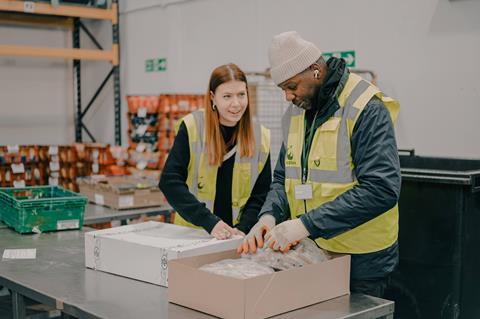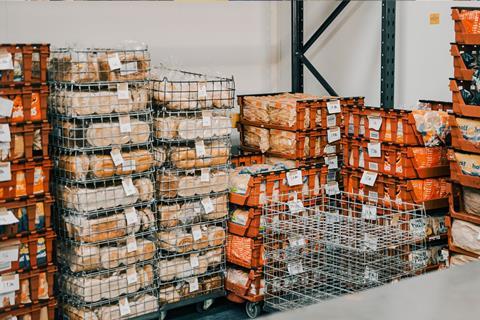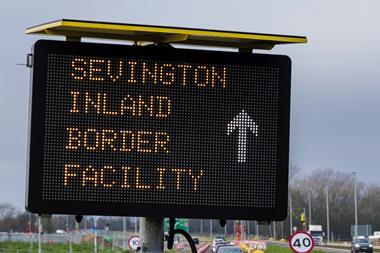
I recently attended the Global Food Network (GFN) Global Summit 2024 in Sydney. The event brought together representatives from over 50 countries, each with the shared mission of recovering surplus food for charitable redistribution.
I saw some remarkable initiatives and met incredibly inspiring people working at the forefront of this vital cause. Yet, despite the progress and passion in the room, one comment from a colleague at FareShare stuck with me most: “The UK is the poor bloody relation here.”
His comment captured what is painfully obvious: when it comes to surplus food redistribution, the UK lags behind many other nations. This isn’t just compared to the US, where Feeding America is the largest charity in the country, but also countries like Australia, Singapore, Mexico, where significant advances in policy and technology have supercharged their surplus redistribution efforts.
In Australia, for instance, food redistribution per capita is already double that of the UK. They are about to roll out game-changing tax incentives to further bolster their efforts.
Singapore has implemented a ‘good samaritan’ law, which offers legal protection for organisations donating food, while Mexico has developed an impressive tech solution for impact reporting.
In Africa and South America, there are a plethora of new solutions to combat food waste. Other countries, quite simply, are redistributing far more surplus food than we are in the UK.
It’s important to point out this gap isn’t due to a lack of effort by those working in the charity sector. The people involved in food redistribution in the UK are some of the most resourceful and dedicated individuals I’ve ever encountered. In my commercial career, I met many impressive people, but in the charity sector, I’ve been truly inspired by those who tackle the most complex issues in the food supply chain with the least resources.
Retailers in the UK have also been pioneers in developing technologies and processes that reduce waste in stores. Yet, despite these efforts, the UK’s overall food redistribution lags behind. The critical difference between the UK and other nations is government support – particularly in the form of tax incentives.
Globally, governments have recognised investment in surplus food redistribution yields enormous social returns. GFN studies indicate that for every dollar invested in surplus food redistribution, the social impact generated ranges from $4 to $7.
In the UK, university studies on FareShare place this figure at £5.70 for every pound spent. In countries where tax incentives exist, businesses are encouraged to donate surplus food rather than diverting it to animal feed or anaerobic digestion, the most common alternative paths in the UK.

The effect of this government support is clear: charities in these countries are able to invest in warehouse infrastructure and technology, enabling them to redistribute the much greater amounts of food generated from the supply chain. Here, too much of our charitable sector’s energy is spent on finding funds to procure food or cover transport costs, when that money could be better used to scale up their redistribution efforts.
As I write this, I’m on my way to the Labour Party Conference, where we will be pushing hard for the introduction of similar tax incentives in the UK. Rishi Sunak previously committed £15m towards farmgate redistribution, recognising it as a major opportunity, but that funding is now in limbo as the new government tries to balance the books.
To be fair, Labour has historically supported our cause, so we’re hopeful the proven benefits both here and abroad will help get this over the line. There are few initiatives with such a clear return on investment: £100m, a relatively small amount in government spending terms, would mean we could save approximately 200,000 tonnes of food and generate £570m in social impact.
This would more than double the UK’s current surplus redistribution efforts. The environmental benefits would be really significant too – each tonne of food saved prevents the needless waste of two tonnes of CO2 equivalent and 2.7 million litres of water.
Economically, socially, and environmentally, the case for increasing government support for surplus food redistribution is overwhelming. Other countries have demonstrated the enormous benefits, and it’s time the UK follows suit. Charities cannot be expected to achieve the same results as their international peers when they lack equivalent resources.
Our government has a golden opportunity to level the playing field and deliver a major win for people in need of help, charities who provide social solutions, farmers, and the environment alike. Let’s hope they seize it.



















No comments yet